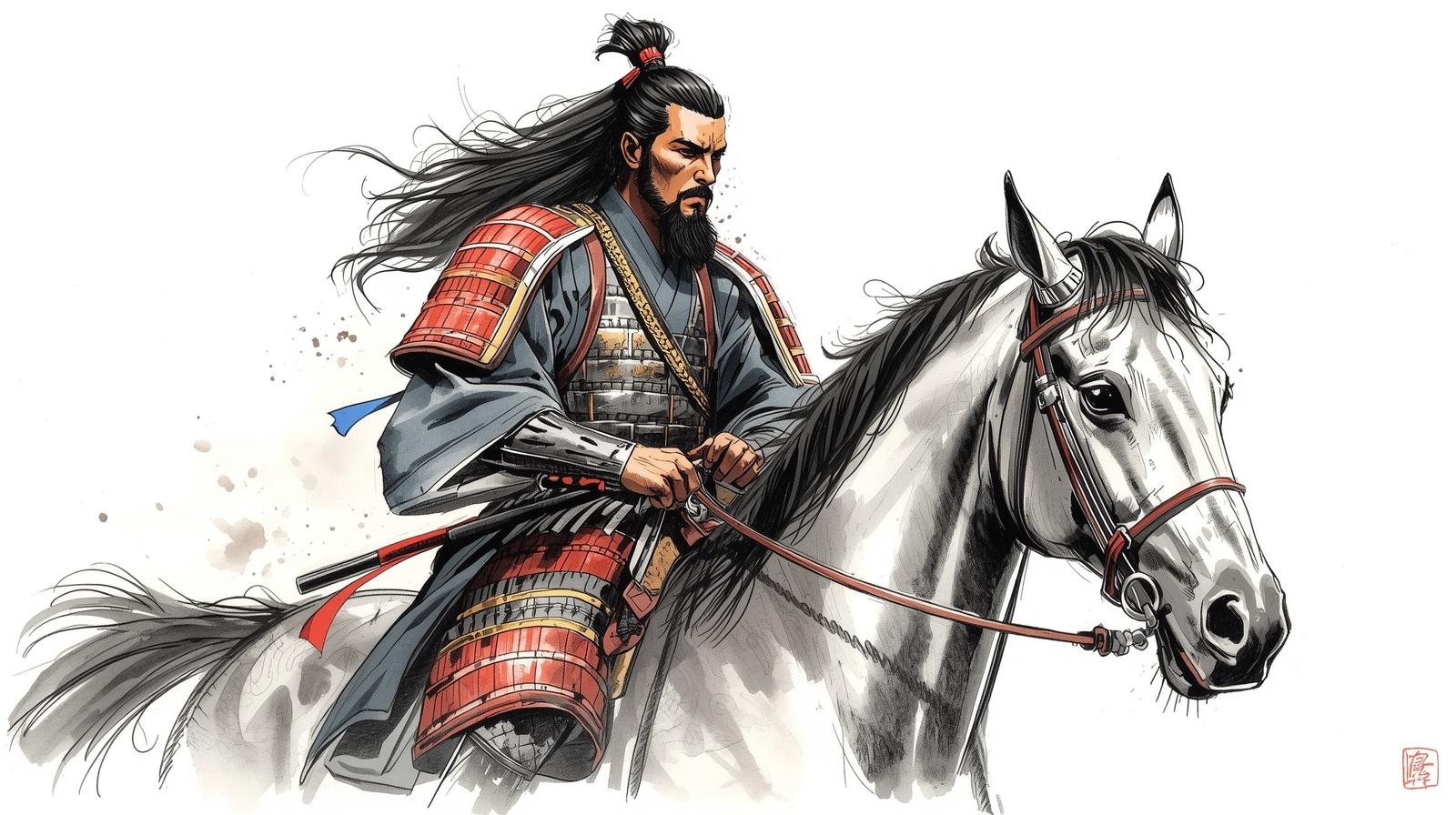Introduction
True leadership is never easy. In history, the Japanese warlord Takeda Shingen stands out as a leader who made painful decisions for the sake of his people and his land. He exiled his own father and later executed his rebellious son—not out of cruelty, but out of a deep responsibility to protect his domain. These acts show us that leadership often requires sacrifice, discipline, and a vision beyond personal feelings.
Today, we can all learn from Shingen’s story. His policies, strategies, and philosophy still speak to modern challenges in business, politics, and community leadership.
Shingen’s Story: A Leader Above Family Ties
Shingen’s rise to power was marked by bold and painful choices. His father’s rule threatened the stability of the Takeda clan, so Shingen exiled him to secure the future of his people. Years later, his son rebelled and endangered the clan’s unity. Shingen ordered his execution, a decision that tore him personally but saved the clan from collapse.
This is not just a tale of power—it is a story of responsibility over personal ties. Shingen showed that true leadership is not about pleasing everyone but about safeguarding the future of the many.
Shingen’s Leadership in Policy and Vision
Beyond the battlefield, Shingen introduced reforms that showed his care for the common people:
- Land and Tax Reforms: He stabilized agriculture by adjusting taxes fairly, ensuring farmers could survive and contribute.
- Law and Order: He created the “Shingen Code,” rules that promoted justice and stability across his domain.
- Military Innovation: His strategic use of cavalry made the Takeda army one of the most feared forces of his time.
These reforms reveal a leader who combined discipline with long-term planning, always keeping the welfare of his people in mind.
Lessons for Us Today
Shingen’s story may be centuries old, but the lessons are timeless:
- Leadership Requires Tough Choices
- Just as Shingen put the needs of his clan above family ties, modern leaders must sometimes choose the long-term health of an organization over short-term popularity.
- Build Stability Before Expansion
- Shingen strengthened his home base before seeking wider influence. For us today, this means securing financial stability, strong teams, and clear values before chasing growth.
- Justice and Fairness Build Loyalty
- His fair tax policies show that when people feel treated with respect, they remain loyal. Leaders today can build the same trust by being transparent and fair.
Conclusion
Takeda Shingen teaches us that leadership is not about comfort—it is about responsibility. His life reminds us that sometimes the hardest choices are the right ones when made for the greater good.
For us today, the lesson is clear: leadership is not measured by how easy your path is, but by how far your vision reaches and how faithfully you serve those who depend on you.



Comments